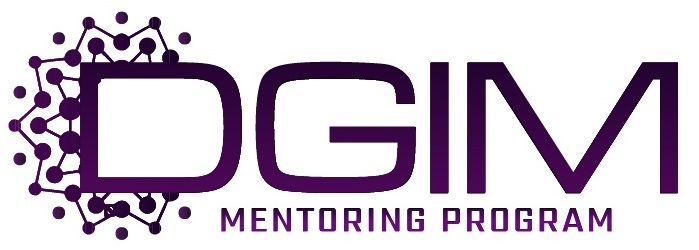
Goals
- Facilitate impactful, individualized mentorship based on the needs of early-career faculty
- Foster authentic and meaningful professional development
Mentorship is critical in academic medicine for scholarly work, retention, job satisfaction, and career advancement. Establishing effective, longitudinal mentorship can be challenging—new faculty usually lack a network of more experienced faculty who are ideally suited to serve as mentors; pre-assigned mentorship relationships are rarely durable or effective.
"This was a wonderful way to reflect on personal goals and identify future needs" - Early-career faculty member
MentorSHIP Champions
D r. Neha Deshpande launched the faculty Mentoring Program with the UWMC Montlake Hospital Medicine Group in 2019. The program leverages the robust colleague networks and institutional knowledge of mid- and senior-career faculty “Mentorship Champions.”
r. Neha Deshpande launched the faculty Mentoring Program with the UWMC Montlake Hospital Medicine Group in 2019. The program leverages the robust colleague networks and institutional knowledge of mid- and senior-career faculty “Mentorship Champions.”
Mentorship Champions are trained to elicit early-career faculty professional goals through the exploration of career and personal histories, authenticity and meaning, and specific professional interests.
Through the program, early-career faculty are paired with a Mentorship Champion for an individual meeting to assess career needs and aspirations. The Mentorship Champion then provides connections to well-suited potential mentors, collaborators, and other resources.
This approach centered around early-career faculty passions and authenticity has been highly valued by program participants. Leveraging the more expansive professional networks of Mentorship Champions has broadened early-career faculty access to a wider pool of potential mentors.
The Mentoring Program partners with other Division of General Internal Medicine programs: Faculty Development Program (FDP) and Academic Research Coach (ARC).
The program is currently expanding to include more faculty throughout the Division.
"[My Mentorship Champion] was so insightful and resourceful, and I am so happy to have her help with this process!" - Early-career faculty member
Scholarship on Mentorship
The Mentorship Program works to understand how to better serve the mentorship needs of faculty and pilots innovations in mentorship. The Project-Based Mentorship initiative utilized a book project, paired faculty and guidance on mentorship to work to create mentorship relationships. The program’s use of an authenticity-based model to connect faculty with potential mentees is reported here.
Mentorship and career development resources
UWSOM Office of Faculty Affairs https://faculty.uwmedicine.org/mentoring/
Department of Medicine Faculty Professional Development https://medicine.uw.edu/about/professional-development/faculty-resources
https://medicine.uw.edu/for-faculty/faculty-development
Department of Medicine Mentorship
https://medicine.uw.edu/for-faculty/faculty-development/mentorship
Recordings of past GIM Faculty Development Seminars (featuring best practices for mentees, mentors, and other topics)
https://www.youtube.com/@UW-GIM-FDP/videos
CONTACT
The Mentorship Program is directed Neha Deshpande, MD. Please contact her with any questions.



